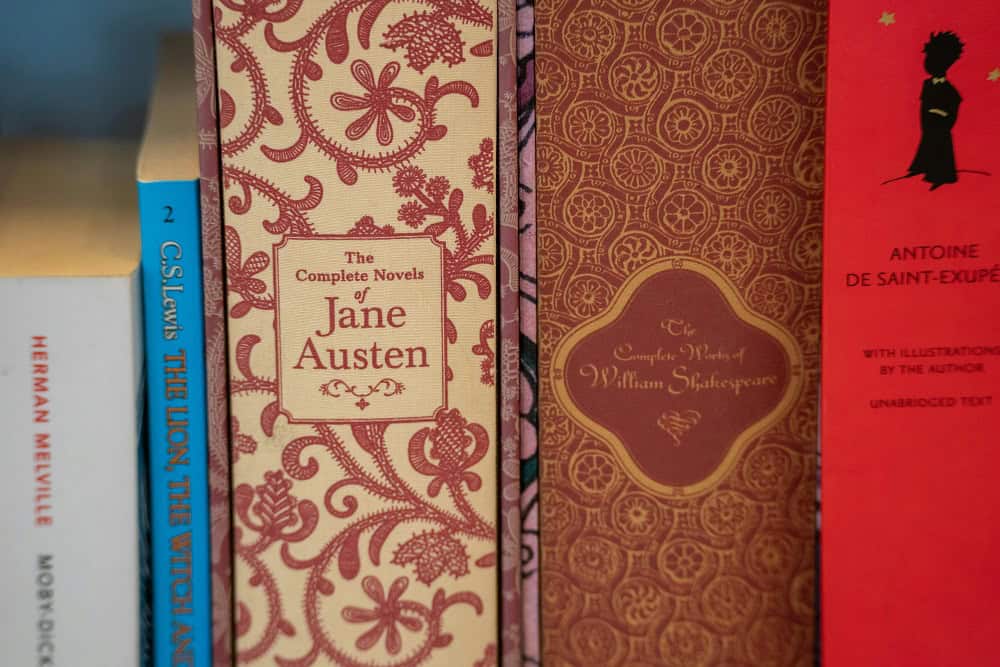

theme of appearance vs reality
In Jane Austen’s classic novel “Pride and Prejudice,” the theme of appearance vs reality plays a central role in shaping the narrative and character development. The novel explores the idea that initial impressions can be deceptive, and the true nature of a person often differs from their outward appearance.
Social Class and Wealth
One of the primary ways in which the theme of appearance versus reality is explored in the novel is through the characters’ perceptions of social class and wealth. Elizabeth Bennet, for example, is considered lower in social status and behavioural standards due to her family’s lack of a significant fortune and wealth, and Mr. Darcy is initially viewed as a proud and aloof aristocrat. However, as the story unfolds, it becomes clear that these initial judgments are not entirely accurate. Elizabeth Bennet, despite her family’s lower social standing, is intelligent, witty, and strong-willed. Mr. Darcy, on the other hand, reveals himself to be a man of integrity and genuine kindness.
First Impressions
The famous opening line of the novel, “It is a truth universally acknowledged, that a single man in possession of a good fortune, must be in want of a wife,” highlights the societal emphasis on appearances and first impressions. Many characters in the novel, such as Mr. Collins and Lady Catherine de Bourgh, judge others based on their superficial qualities or social status. These judgments often prove to be misguided and lead to misunderstandings and misinterpretations of character.
Deception and Pretense
Throughout the novel, various characters engage in deception and pretense to uphold a certain image or reputation. For example, Mr. Wickham initially appears charming and amiable but later reveals himself to be manipulative and dishonest. Likewise, Mr. Collins presents himself as a model of piety and obsequiousness, but his true character is revealed as pompous and self-serving. These instances underscore the contrast between appearances and the reality of a character’s true nature.
Self-Reflection and Growth
Austen uses the theme of appearance versus reality to convey the importance of self-reflection and personal growth. Characters like Elizabeth and Mr. Darcy undergo significant transformations, as they come to recognize their own faults and biases, challenging their initial judgments. Their ability to see beyond appearances and acknowledge their own shortcomings is a key element in the development of their relationship. In “Pride and Prejudice,” Jane Austen skillfully explores the complexities of human nature and social interactions by emphasizing the significance of looking beyond surface impressions.
The novel ultimately suggests that true understanding and meaningful relationships can only be achieved when individuals are willing to see past appearances, acknowledge their own prejudices, and appreciate the multifaceted realities of the people around them.
#theme of appearance vs reality #theme of appearance vs reality #theme of appearance vs reality #theme of appearance vs reality #theme of appearance vs reality #theme of appearance vs reality #theme of appearance vs reality #theme of appearance vs reality #theme of appearance vs reality
Read More
Jane Austen as a Child of the Eighteenth Century
Plot Construction in Pride and Prejudice
Role of Susan in the Tragedy of Henchard
Women in The Mayor of Casterbridge
Renaissance poetry—Age of Rebirth of Arts, Literature and Humanism
Michael Henchard As a Man of Character
Visit Us on our Facebook Page:
Speech on Mercy by Portia: Rhetoric, Religion, and Justice in The Merchant of Venice Speech…
Analysis of I Too and The Weary Blues by Langston Hughes: Colonial Experience Langston Hughes,…
Ben Jonson and Comedy of Humours inVolpone (Satire & Greed) This article explores Ben Jonson…
Themes in Twelfth Night William Shakespeare’s Twelfth Night (c. 1601) is one of his most…
Summary of Twelfth Night William Shakespeare’s Twelfth Night, believed to have been written around 1601,…
Shakespearean Comedy and Its Features William Shakespeare, one of the greatest playwrights in English literature,…
This website uses cookies.